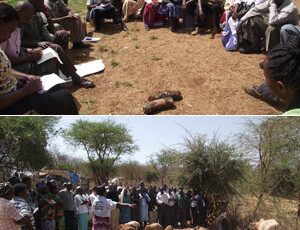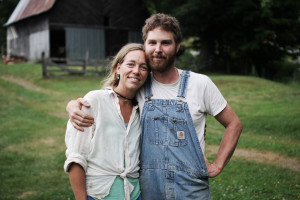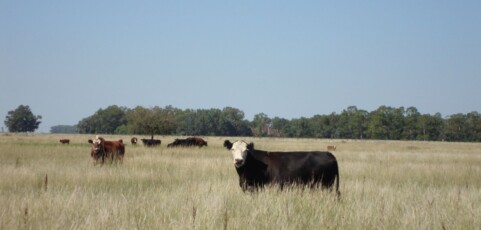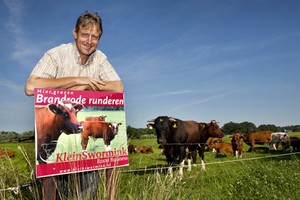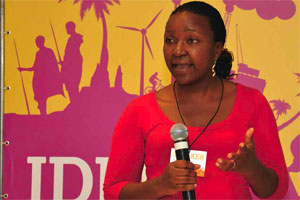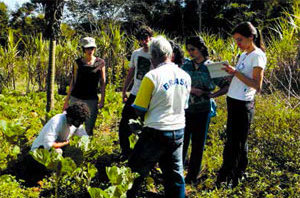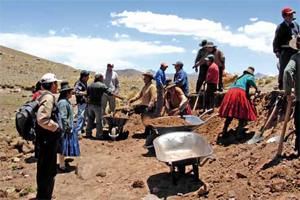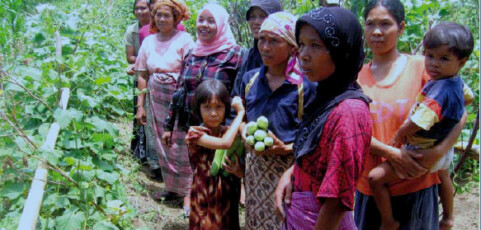Steven Kiranga Gichanga is a family farmer in Mugaari, a village in Kenya. He was trained in goat rearing but could not afford a goat to get started. He was also trained in bee keeping but could not afford a bee hive either. After a community reflection Read more
Farmers in Focus: Advocate for sovereign seed systems
Holly Whitesides and her husband are trying to go “against the grain” of industrial agriculture in the United States. They use their family farm and their work on saving seed to convince other farmers and groups of the importance of a sovereign seed stock.
La Aurora, un caso de agroecología aplicada
Publicación acerca de la experiencia agroecológica implementada en el establecimiento La Aurora, unbicado en Benito Juárez, provincia de Buenos Aires, Argentina
Old traditions, new practices
The August 2012 issue of De Boerderij, a popular magazine for Dutch farmers, showed how “innovative farmers are increasingly successful in finding their consumers”. Read more
“We need to support what farmers are already doing”
Interview with Medius Bihunirwa, head of the Farmer Enterprise Development Unit at Kabarole Research and Resource Centre (KRC), Uganda. Medius works with smallholder farmers, enhancing the quality of their produce and improving their access to markets. Read more
Rede Raízes da Mata: Strengthening links between producers and consumers
As in many other parts of the world, farmers in the Zona da Mata region, in the Brazilian state of Minas Gerais, were encouraged to take up the Green Revolution package. This model also prescribed integration with the international markets. Family farmers, however, have found that this model has not brought the promised benefits. Read more
Local food systems: Tzimbuto and Canasta Utopia
The Canastas Comunitarias, a movement started by families to address their concerns over food prices provides a clear example of an approach that highlights the importance of showcasing peoples’ experiences as an inspiration for social change. Read more
Dams and alpacas in the Peruvian Andes
In addition to severe losses in the mountain soil’s fertility, climate change is easily visible in the Peruvian Andes: the glaciers which feed all the rivers, and the snow on the mountaintops, are noticeably getting smaller, less and less water is flowing down into the valleys. The water harvesting approach is proving susccessful to cope with this problem and strenghthen local organizations.
Women, families and communities in Aceh
In 2004 the province of Aceh in Indonesia was affected by a devastating earthquake and tsunami. The impact on rural communities was particularly harsh, exacerbating the existing poverty and poor living conditions caused by a long separatist conflict. A network of women farmers established under these difficult circumstances is not only benefitting its participants, but also their families and communities.
Farming Matters | 28.3 | September 2012
Photo: R. Lines-Kelly
Post-War Reconstruction using Sustainable Agriculture in Chalatenango, El Salvador
Ex-combatants and returned refugees formulate ecologically sustainable agricultural development plans in post-war El Salvador.

